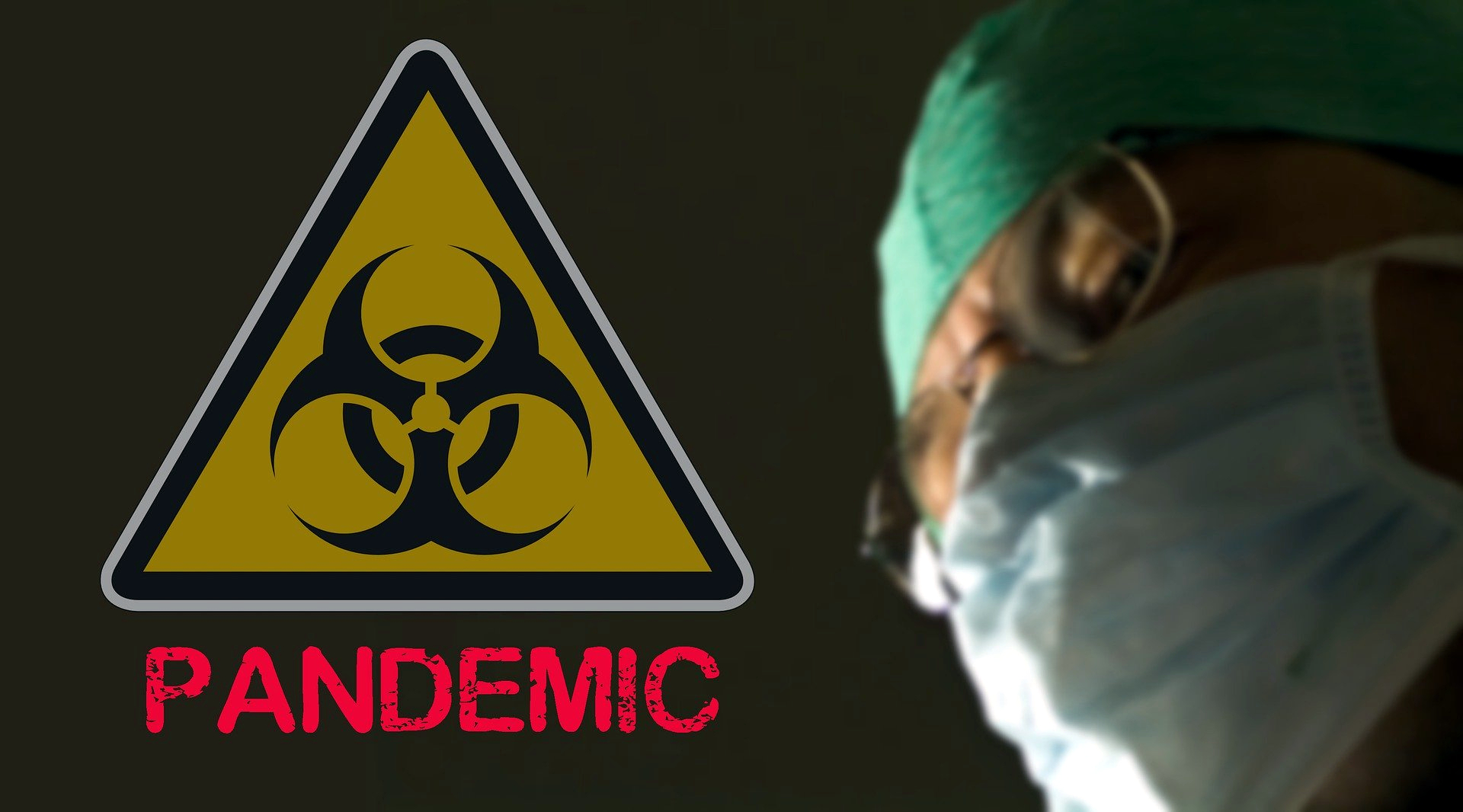In 2017, the TSL industry faced a completely different virus than it does now. The NotPetya worm caused Maersk’s entire IT infrastructure to stop in seven minutes. By a lucky coincidence, some key data was saved in the Nigerian branch of the company, where during the virus attack there was a power failure. This has prevented it from infecting parts of the computers.
From this source, the company’s IT team laboriously recreated 5,000 servers and 45,000 personal devices and restored the company to full operation. The losses were estimated at $300 million. The attack also affected FedEx (through the then acquired TNT) and caused $400 million in losses.
A little over a year later, two disasters of the brand-new Boeing 737 Max occurred in a short period of time, in which a total of 346 people died. The flights of these planes have been suspended, and CNN has estimated the company’s losses at almost $19 billion (!!!). As the Bloomberg investigation later showed, Boeing and its subcontractors employed low paid temporary workers from India, with no experience in the aviation industry, to develop the aircraft’s software (which was the cause of the disasters).
What do these two cases have in common? Maersk announced personnel cuts already at the end of last year. This was motivated by the need to increase investment in its land transport expansion and the increased cost of ship fuel (in connection with the IMO 2020 Directive). According to the reputable IT investigation service – “The Register” – Maersk plans to fire, inter alia, its IT department, which was working to pick up the company after the NotPetya virus attack and… replace it with outsourced workers from India. The employees found out about this by accident – they found job advertisements for their positions on an Indian recruitment platform.
Can we see the irrationality of such actions only in retrospect? Seemingly common sense and experience tells us that it’s not wise to commission the development of critical software to cheap, inexperienced employees. After all, after losing $400 million in 7 minutes, IT security should be given priority. It is just as unreasonable to make your entire production and supply chain dependent on a single country where a crisis, war or… an infectious disease can break out at any time and paralyse factories and logistics.
The coronavirus pandemic exposes our errors
And yet we do it – we ignore common sense, and often experience and facts. This is because every year we have to show at least double-digit revenue growth, a bold expansion plan or a cunning way to optimise costs to investors and the market. We are not accustomed to the fact that nature or various factors beyond our control do not care about our sophisticated forecasts and plans and can easily bring us down to earth, showing how important SUSTAINABLE management is.
And even greater challenges await us, which many companies, and even whole nations, seem to ignore. Climate change and its consequences over the next few decades will change the way we live and work to such an extent that the current house arrest caused by the coronavirus pandemic is like a nice, unexpected holiday.
What will we have left of today’s situation in a year or two? May we all learn our lesson and remember this lesson of humility for a long time, and learn to run our business in a more sustainable way before it is too late because for now we still have control over it.
Photo: Pixabay










